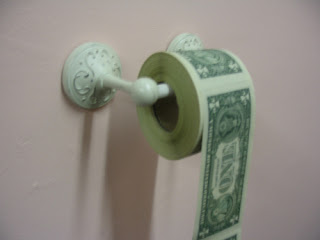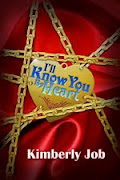 I know all of my writer friends might see the title of this blog and think I'm talking about writing, but not this time. I'm talking about getting your scrapbooking layouts published. Did you know it was even a possibility? Where do you think all those scrapbooking magazines out there get all the fun pictures included in their articles? That's right, from plain old people like you and me.
I know all of my writer friends might see the title of this blog and think I'm talking about writing, but not this time. I'm talking about getting your scrapbooking layouts published. Did you know it was even a possibility? Where do you think all those scrapbooking magazines out there get all the fun pictures included in their articles? That's right, from plain old people like you and me.Submitting your layouts for publication for the first time can be intimidating. Though we may never know exactly what magazines are looking for, following a few guidelines can help make the process easier, and hopefully lead to publication success.
Well designed layouts with unusual photos and creative journaling have a greater chance of getting published. Magazines also like layouts that present ordinary events in an extraordinary or unique way.
Keep in mind that most magazines work six months ahead so if you have a Christmas layout, consider submitting it during the summer. Most publications have a list of layouts they are looking for on their websites. Many also have contests listed, the winners of which get published. Here are some sources for you to check out:
Creating Keepsakes
Scrapbook Trends
Scrapbook Trends also lists the type of pages they are seeking for future publications inside each issue of the magazine.
Scrapbooking.com
Make sure you keep track of all the materials you use in a layout. Some magazines want a list with your submission and some will request it later, but they all want it. It's also helpful if you can describe any unusual techniques you used to create your layout. And of course, if you are a writer, like me, you can even write an article to go along with it.
Good luck! Have fun submitting and be sure to let me know if you get published.
Return to the Neighborhood


 Double double, toil and trouble;
Double double, toil and trouble;

 Rub-ons can be used anytime! They are often used as a title instead of alphabet stickers, but they can be used as an embellishment as well. They make great monograms and since you can transfer them onto almost anything, they allow you to truly customize your embellishments. Keep in mind that once a rub-on is down, it's really hard to get up, so if you make a mistake you'll just have to cover it with something else.
Rub-ons can be used anytime! They are often used as a title instead of alphabet stickers, but they can be used as an embellishment as well. They make great monograms and since you can transfer them onto almost anything, they allow you to truly customize your embellishments. Keep in mind that once a rub-on is down, it's really hard to get up, so if you make a mistake you'll just have to cover it with something else.
















